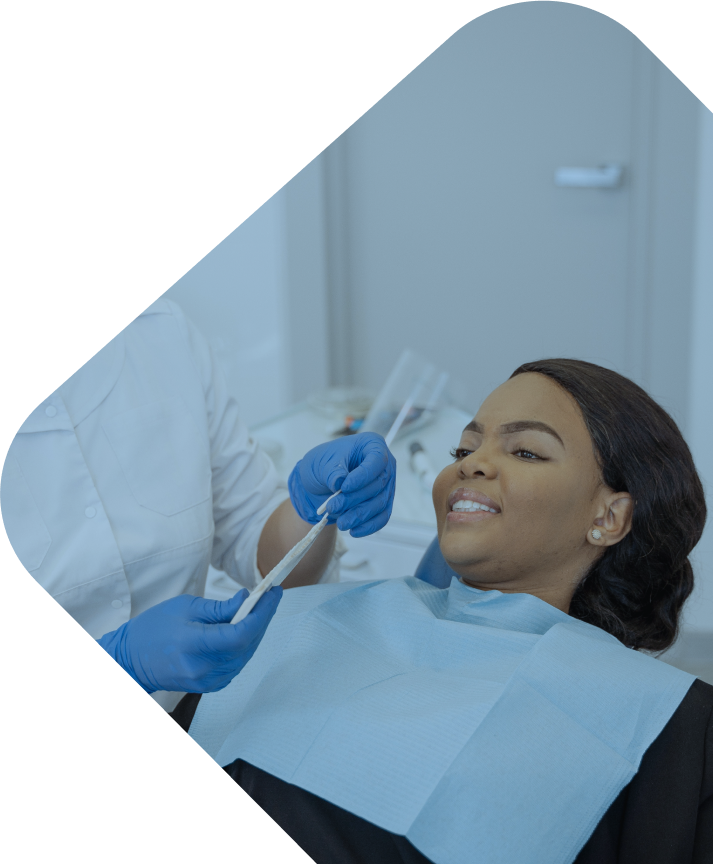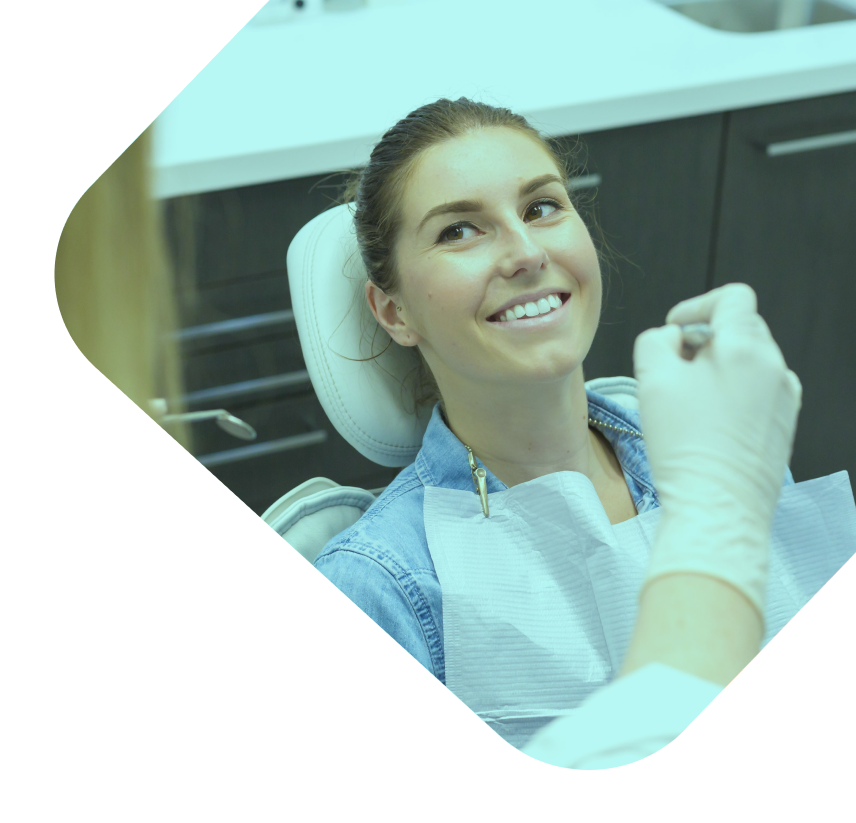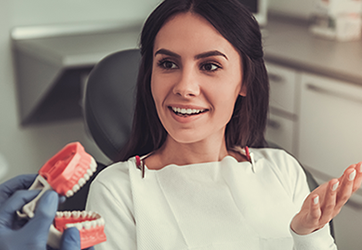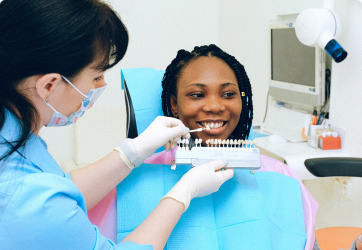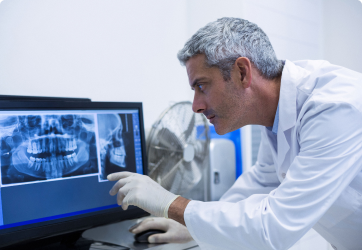
What Does The Process Entail?
The whole process involves four categories as discussed below:
1. Home Care
Home Care involves your initiative in working towards proper dental health. It plays a vital role in keeping a beautiful, healthy smile that lasts for a lifetime.
The practice begins from eating balanced meals, minimizing sugar consumed in foods and beverages, and correctly using dental aids to control plaque and bacteria that may cause dental issues.
For proper home care practice, ensure that you do these three things:
- Brush your teeth at least twice a day for a full two minutes. Studies show that electric toothbrushes (either Sonicare or Oral-B) are more effective at removing plaque than manual brushing.
- Floss your teeth at least once a day and
- Rinse your teeth once a day
2. Dental Exams and Cleaning
Dental exams and cleaning should be part of your dental routine. The examination involves your dentist performing regular checkups to detect any signs of potential dental issues like gum issues, tumors, cysts, and decays.
The examination procedure involves five categories, namely:
- Diagnostic x-rays (radiographs)
- Oral cancer screening
- Gum disease assessment
- Evaluation of tooth decay and
- Assessment of the existing restoration
Professional dental cleaning or dental prophylaxis, on the other hand, involves the following
- Removal of Calculus or Tartar
- Removal of plaque
- Teeth polishing
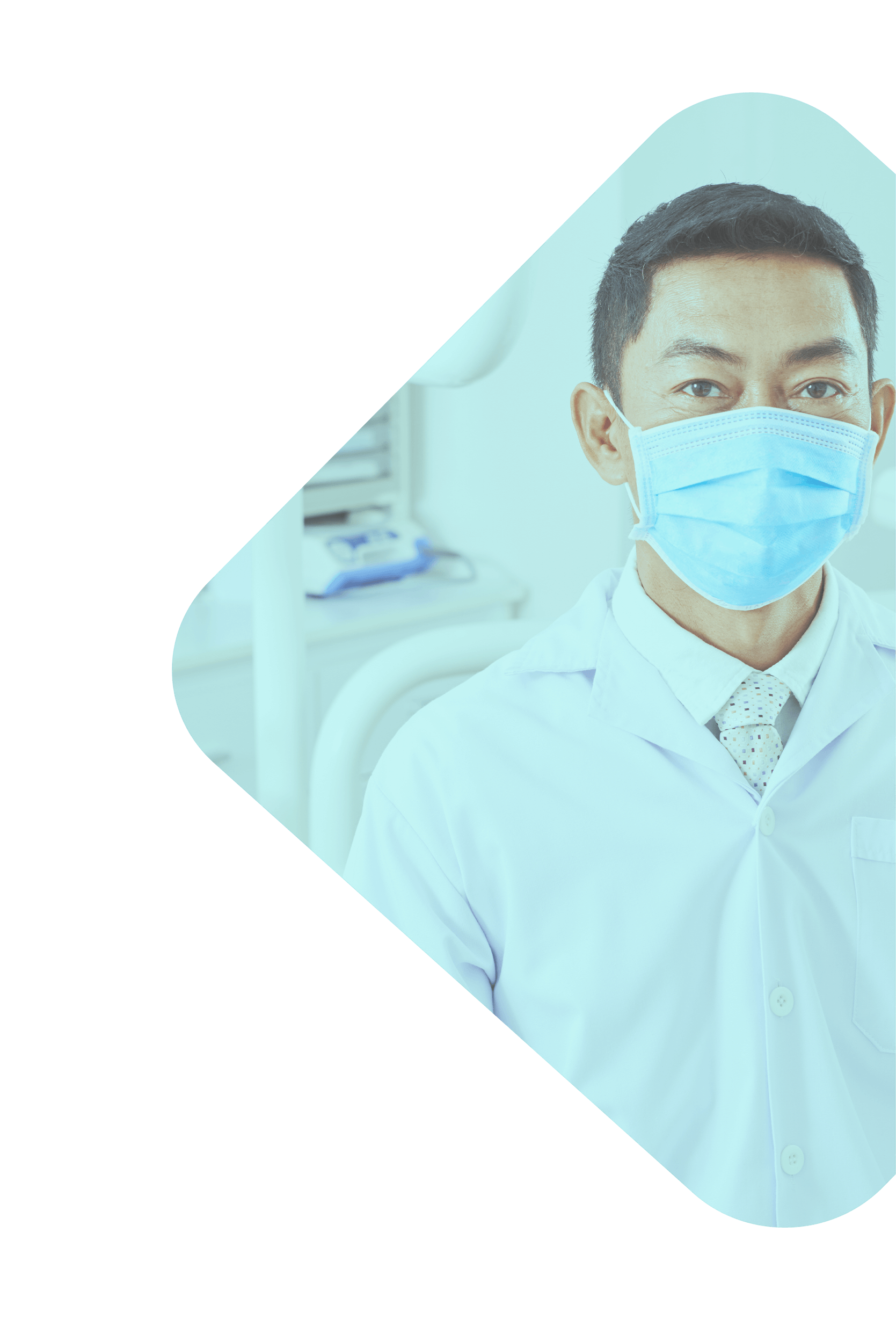
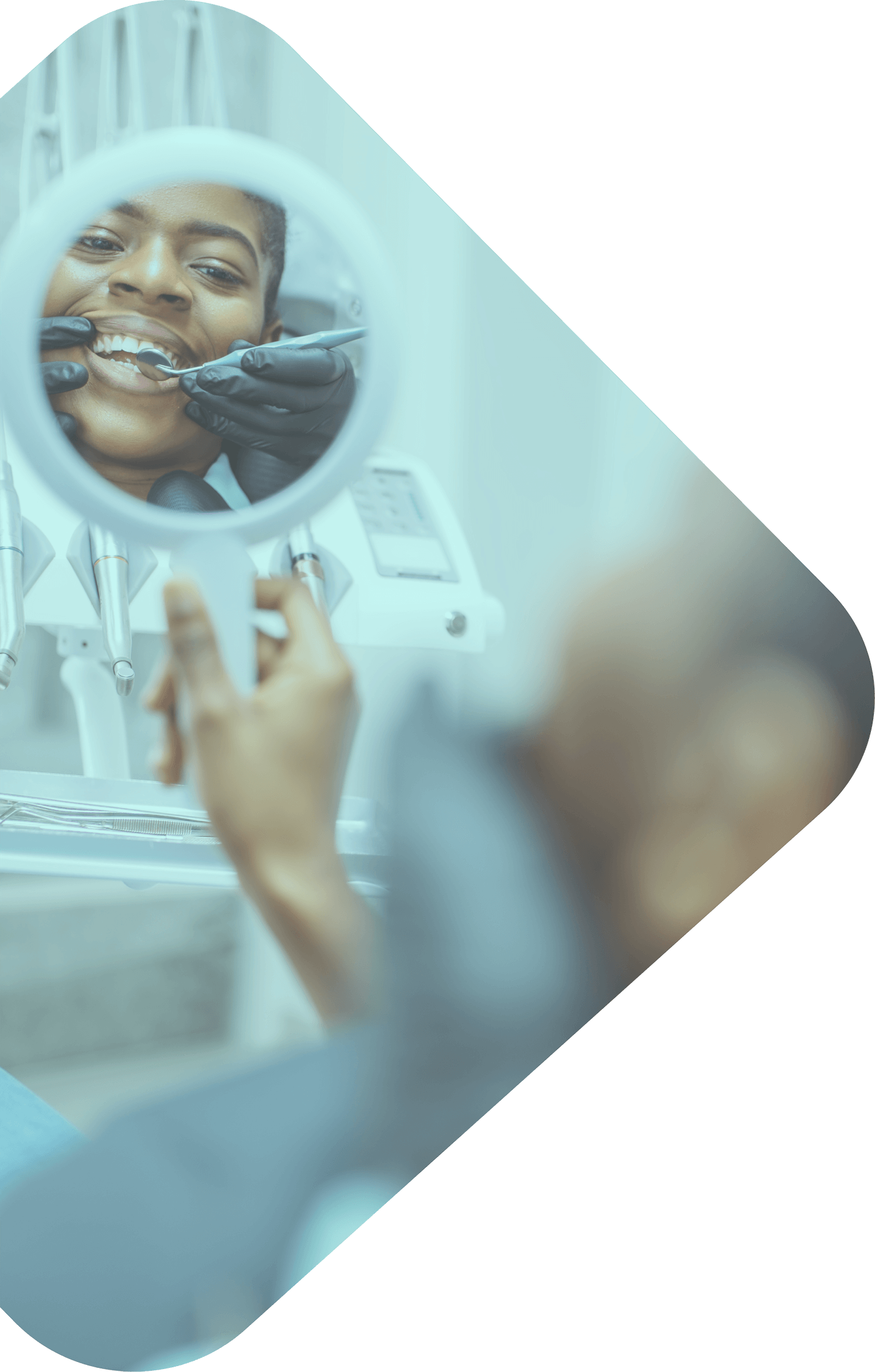
3. Sealants
Sealants are thin plastic coatings placed on the chewing surface on the back teeth, molars, and premolars. They protect the chewing surface from tooth decay by giving them protective shields that block out germs and food debris. Sealants are ideal for people of all stages, babies, children, adults, and teenagers.
4. Dental X-Rays
Also called radiographs, x-rays are crucial preventive and diagnostic procedures in providing critical information that could otherwise be invisible with other dental assessments. The tools provide information that dentists use to safely and precisely detect existing and potential abnormalities.
Benefits of Dental Cleanings and Prevention
Proper and regular cleaning and preventive measures provide several benefits to your oral health, including:
- Preventive dentistry lowers the risks of severe dental conditions like tooth decay, bad breath, gum diseases, among other issues.
- It promotes good oral hygiene habits like brushing your teeth and flossing every day.
- It helps in the early detection of dental problems-early detection may help reduce treatment costs.
- It helps in the reduction of dental conditions that are related to various chronic medical conditions such as diabetes, cancers, and osteoporosis.
- Your dentist might detect early signs of fractures and broken fillings on your professional dental cleaning routines and prescribe corrective actions.
- Procedures such as home care and professional; dental cleaning will remove most of the stain, plaque, and bacteria that may discolor your teeth. In return, you will maintain a brighter and whiter smile.
